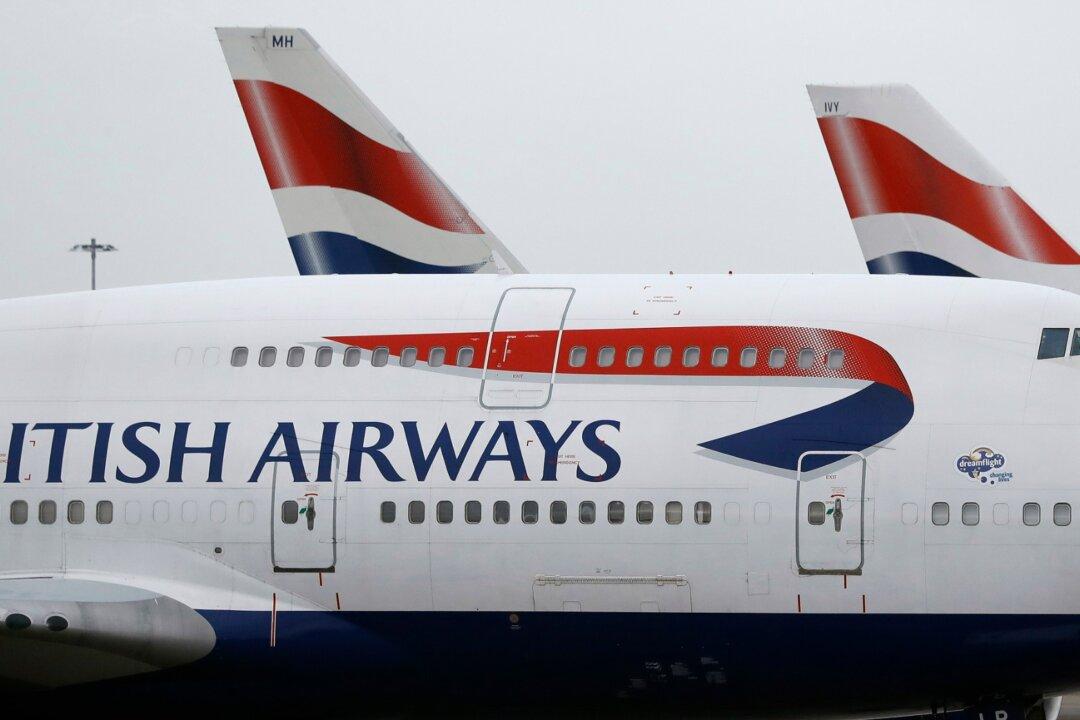REUTERS—British Airways (BA) plans to cut more than a quarter of its jobs—affecting over 12,000 employees—due to the CCP virus crisis, according to a report from parent company IAG on Tuesday, which also forecast that passenger numbers will take years to recover.
International Consolidated Airlines Group SA (IAG)—which also owns Iberia, Aer Lingus, and Vueling—reported a first-quarter operating loss before exceptional items of $580 million, swinging from a profit of $146 million a year ago.





